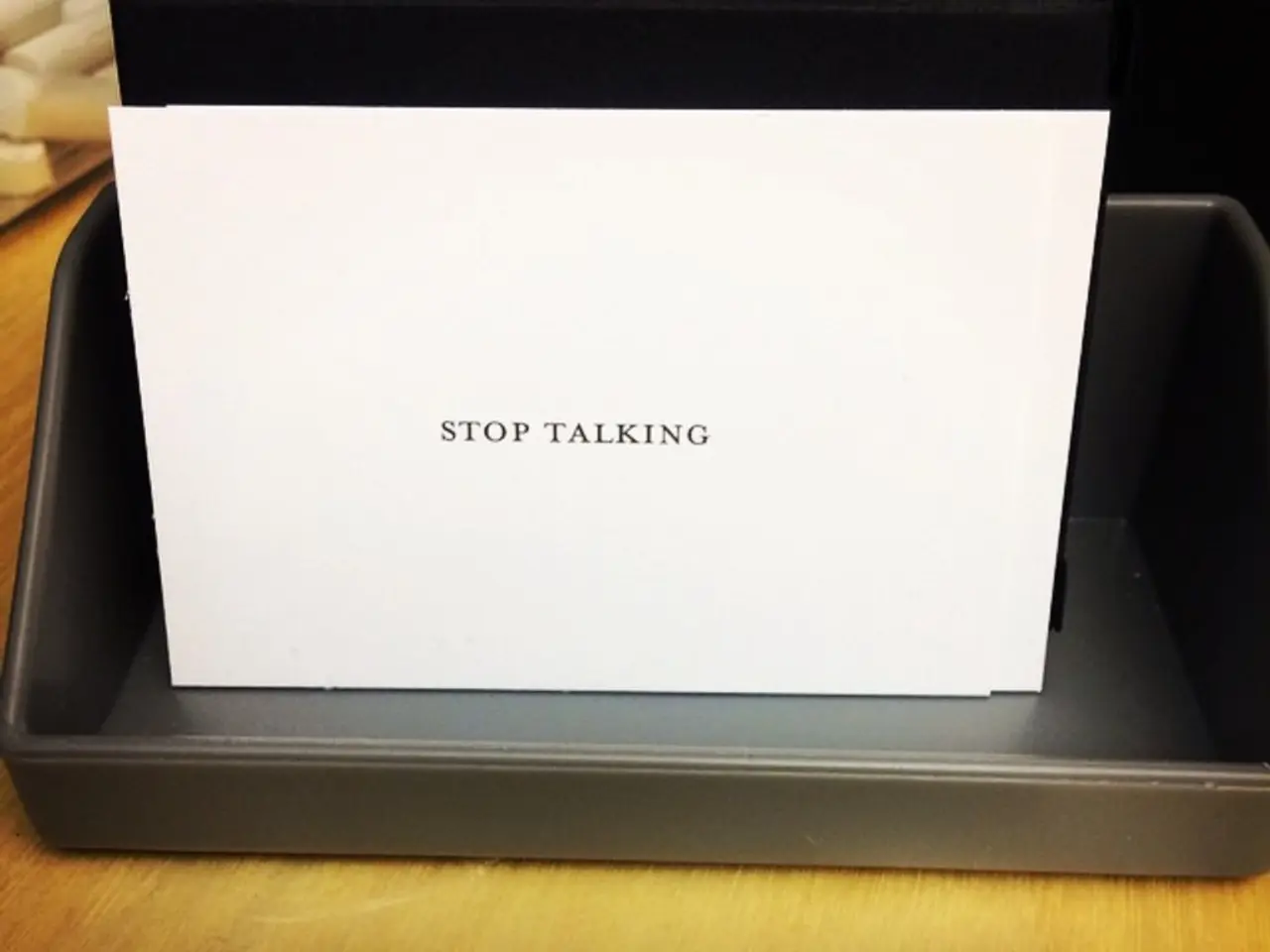Ultrahuman asserts full purchase of US Ring Air devices from Texas, despite Oura's opposition in ITC proceedings
In a bold move to refute concerns and strengthen its position, Ultrahuman has announced the unveiling of the UltraFactory in Texas as a real and productive facility. This comes amidst an ongoing legal battle with Oura over alleged patent infringements.
The UltraFactory, a joint venture with SVtronics, is currently producing 400 Ring Air units per day and aims to scale production to more than 1,370 units daily. The person behind SVtronics remains undisclosed.
Oura, on the other hand, has accused foreign competitors, including Ultrahuman, of using "dishonest tactics" and has filed a lawsuit with the U.S. International Trade Commission (ITC) to stop these companies from selling or importing their products in the United States. The ITC judge has ruled against Ultrahuman in favour of Oura.
Ultrahuman, however, remains undeterred. In a blog post titled "So what's the patent that Oura is suing everyone for?", the company claims that 70% of such proceedings result in the invalidation of all challenged claims. Instead of preemptively accepting the ruling, Ultrahuman plans to "double down" on U.S. sales.
The Texas UltraFactory is expected to create hundreds of high-skilled jobs in Plano and will enable faster shipping, better service, and increased reliability. By producing Ring Air devices domestically, Ultrahuman hopes to avoid tariffs on ring sales and reduce dependence on imports from India.
Oura's blog post praises the patent system as a "cornerstone of American innovation" and its "talented team members based in the U.S." However, the ITC filing notes that Oura and competing brands like the Samsung Galaxy Ring have the manufacturing capability to replace RingConn and Ultrahuman's accused products if they are excluded from the U.S. market.
The judge disputed Ultrahuman's claims of having a manufacturing facility in Texas, suggesting the use of Photoshopped images. Ultrahuman, however, is determined to prove otherwise and continue operations despite the ongoing lawsuit. The production of Ring Air devices will be moved to the Texas UltraFactory, with the goal of producing 500,000 units for U.S. customers annually by the end of 2025.
Read also:
- Peptide YY (PYY): Exploring its Role in Appetite Suppression, Intestinal Health, and Cognitive Links
- Toddler Health: Rotavirus Signs, Origins, and Potential Complications
- Digestive issues and heart discomfort: Root causes and associated health conditions
- House Infernos: Deadly Hazards Surpassing the Flames








